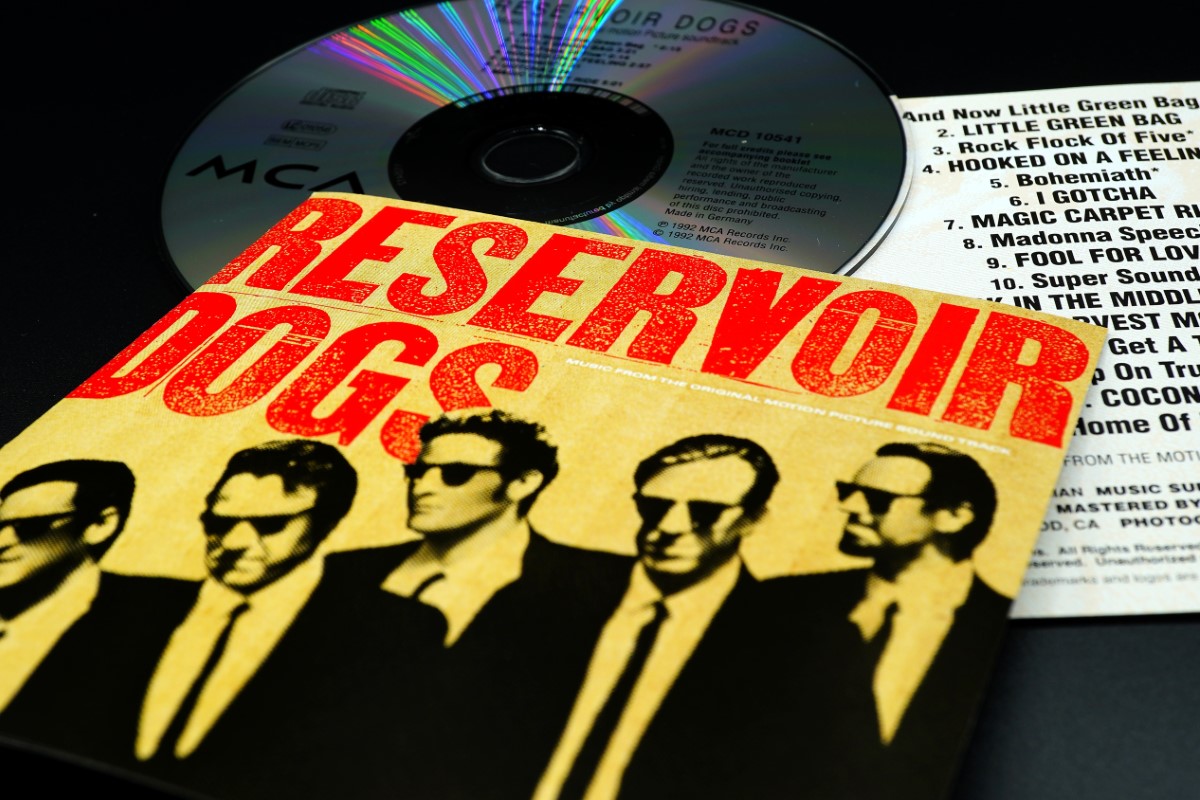It almost seems unnecessary to say this, but to compose and produce music for film and TV it’s so important to be a good musician. This means studying and learning music first. This will take some time, perhaps several years or more. Success is always a long game.
There’s no shortage of music training programs for young musicians, and there are even complete degree programs dedicated to learning to compose and produce film and TV music at both the undergraduate and graduate level, including online. Besides learning about music and composing, you’ll need to build a solid professional network, which can also be accomplished by attending a top school.
There are some self-taught film and TV composers, but most have studied formally. Attending a top music school might be the quickest way to start working in the field. If you can’t go to school, you can still study from books, watch tutorials online, take lessons, hang around with accomplished musicians, and find other ways to learn and make steady progress.
You must be consistent, motivated, dedicated, and creative in your learning, whether self-taught or in school. You will also need to know all about music theory, orchestration, music technology, and music history. You’ll need knowledge of how films are made. The main thing is to be focused on learning music and getting different kinds of music experiences to gain the skills you’ll need. You will draw on these skills and experiences later.
